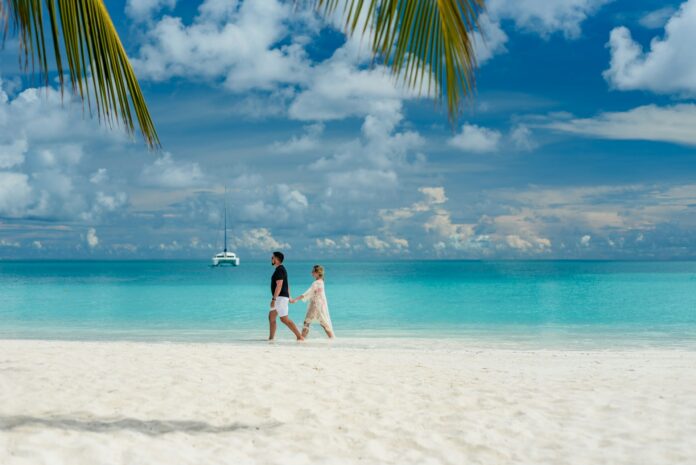In an age where our footprints linger long after we’ve passed, conscious travel is no longer a luxury; it’s a necessity. Fortunately, there are destinations worldwide where the air is as fresh as the ideas fuelling their preservation.
From the renewable energy marvels of Costa Rica to the carbon-negative serenity of Bhutan, here we explore 11 places where a certain type of harmony between mankind and nature still prevails.
Costa Rica: A Renewable Energy Pioneer
Costa Rica stands as a beacon of sustainability, with its lush rainforests, diverse wildlife, and commitment to renewable energy. Travellers can immerse themselves in this eco-paradise, enjoying everything from rainforest hikes to renewable energy tours.
Indeed, Costa Rica is a world leader in renewable energy, with over 98% of its electricity generated from green sources such as hydroelectric, wind, geothermal, and solar power. Here, solar panels are a common sight, underscoring the nation’s dedication to green living.
The country has set ambitious goals to become carbon neutral by 2050. Its Certification for Sustainable Tourism (CST) program helps travellers identify businesses that adhere to strict environmental and social standards. The Monteverde Cloud Forest Reserve and Tortuguero National Park are prime examples of ecotourism, where conservation and visitor education are paramount.
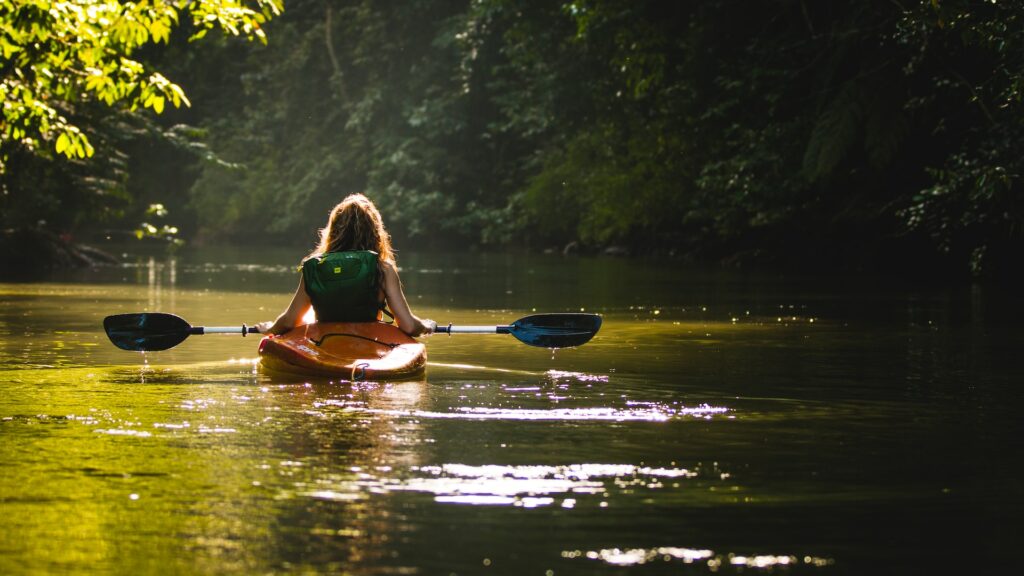

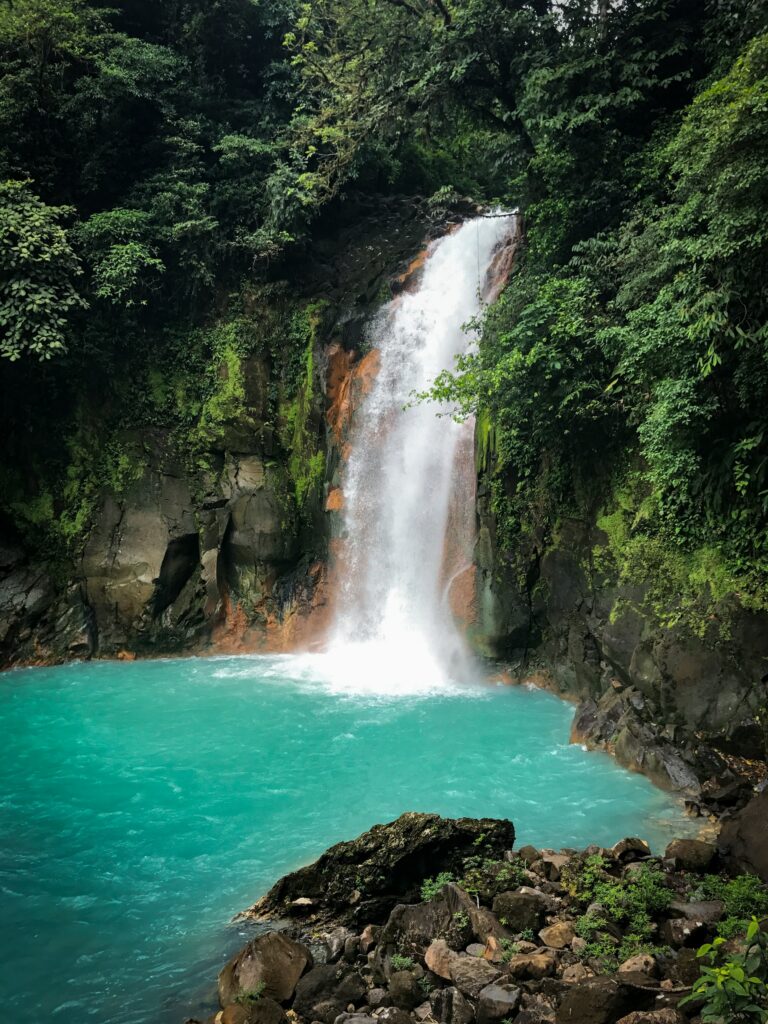
The Azores: Nature’s Haven
Located in the heart of the Atlantic Ocean, the Azores are a cluster of Portuguese islands known for their stunning natural beauty and commitment to the environment.
This archipelago prides itself on its use of renewable energy and sustainable practices, making it a perfect destination for the eco-conscious traveller.
The Azores have embraced a sustainable ethos by aiming to generate 61% of their electricity from renewable sources by 2030. The islands have also implemented strict regulations on fishing and agriculture to preserve their unique ecosystems, with the Green Key program awarding eco-labels to local accommodations that meet high environmental standards. The Terra Nostra Park, with its geothermal heating and botanical garden, is a testament to the islands’ commitment to sustainability.
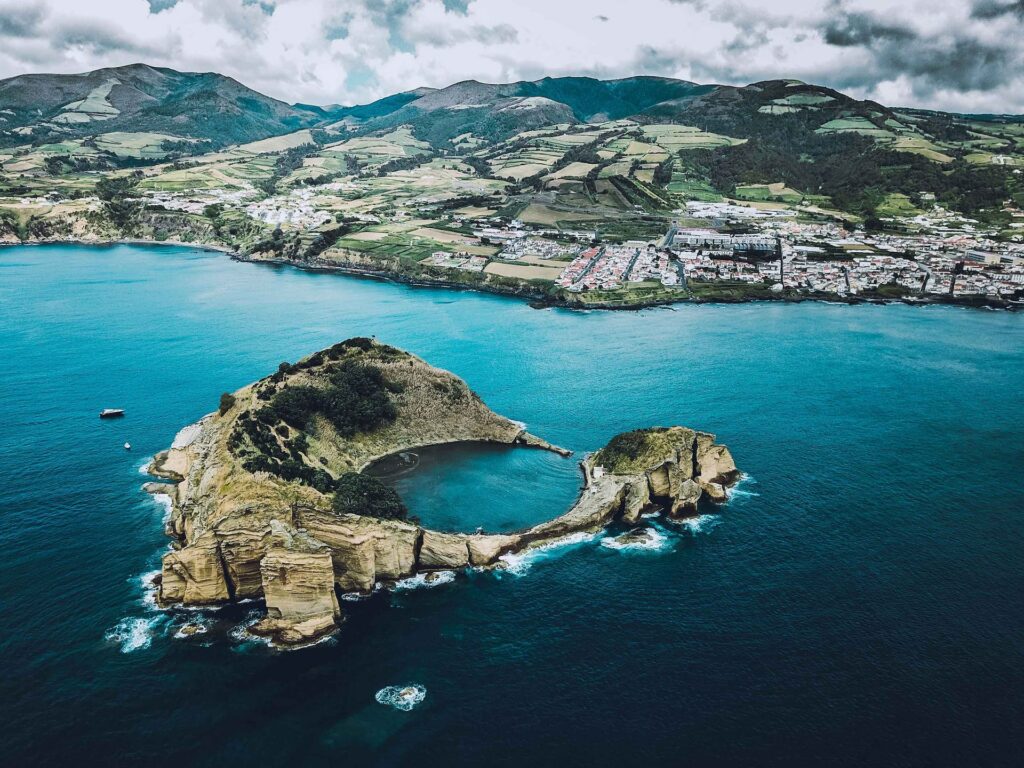
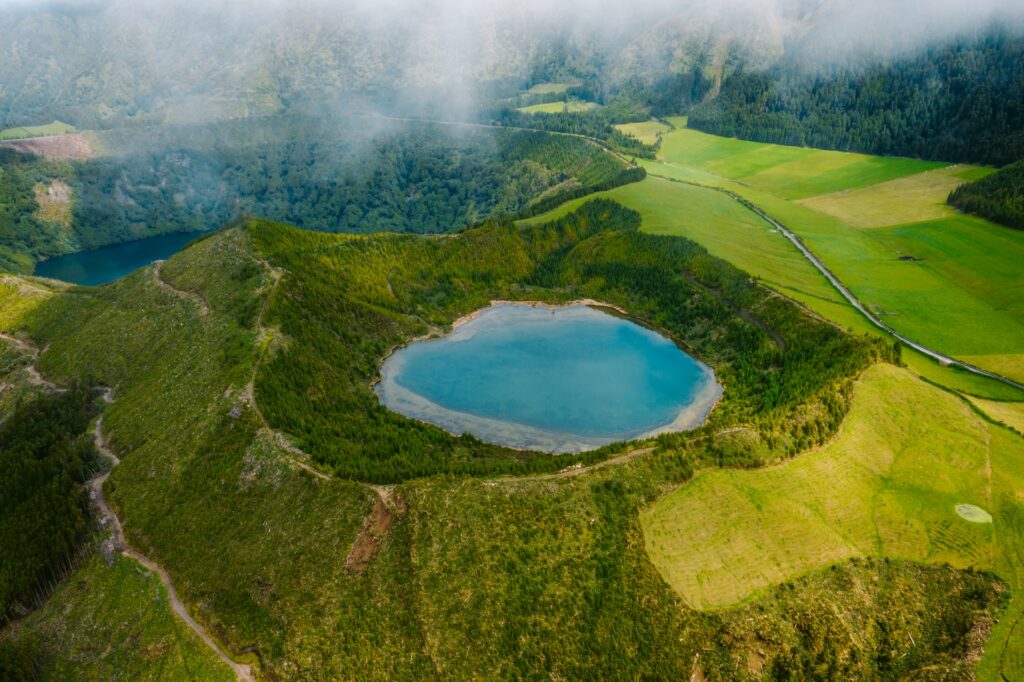
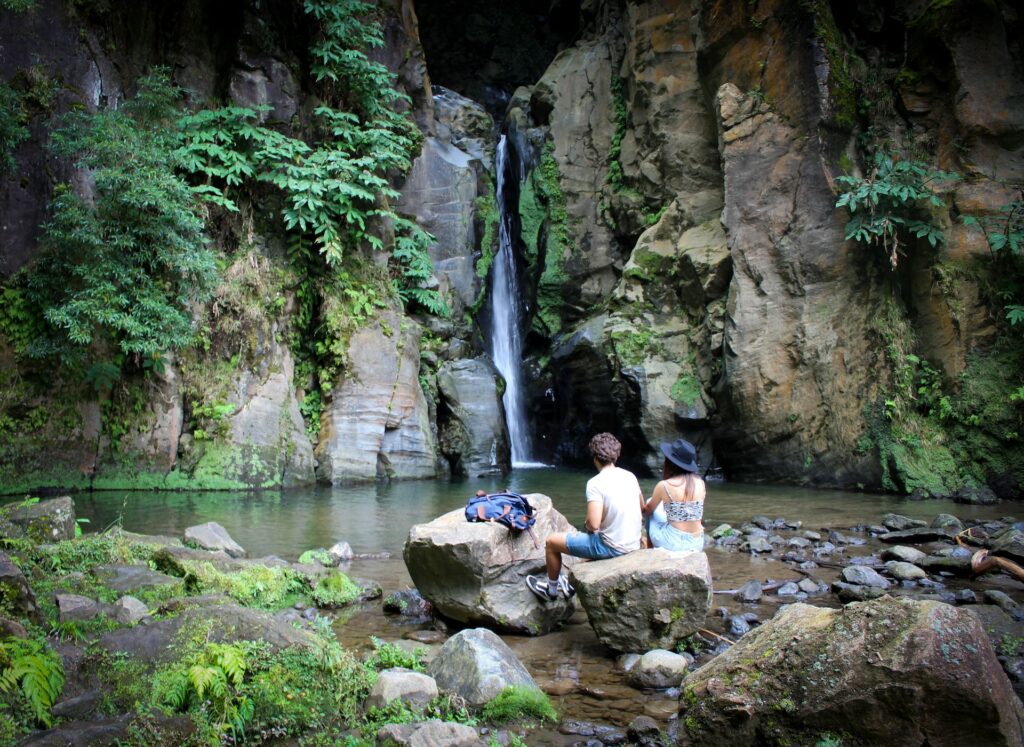
Bhutan: The World’s Only Carbon-Negative Country
Bhutan, a small kingdom in the Himalayas, is the only country in the world that is carbon-negative. Its commitment to maintaining its forest cover and using hydroelectric power sets a global standard for environmental stewardship. Visitors to Bhutan can enjoy its pristine landscapes while supporting a country that prioritises the planet.
Bhutan’s constitution mandates that at least 60% of the country remains forested, contributing to its carbon-negative status. The country uses its abundant hydropower resources to generate clean electricity, much of which is exported.
Bhutan’s approach to tourism, based on the principle of ‘High Value, Low Impact’, limits the number of visitors to avoid over-tourism and encourages travelers to engage in sustainable practices.



Iceland: A Geothermal Wonderland
Iceland, with its dramatic landscapes of glaciers, volcanoes, and hot springs, is a leader in geothermal energy. This renewable resource powers much of the country, offering a sustainable travel experience. Tourists can bathe in geothermal pools and explore the unique terrain, all while minimising their carbon footprint.
Iceland’s use of geothermal energy accounts for about 85% of its total primary energy supply, with the rest primarily coming from hydropower. This reliance on renewable energy sources has made it one of the cleanest energy consumers in the world. The country’s commitment to sustainability extends to its fishing industry, which is regulated by a strict quota system designed to prevent overfishing.
The Vatnajökull National Park, a UNESCO World Heritage site, is an example of Iceland’s dedication to preserving its unique volcanic and glacial landscapes.
Read: 9 must see destinations in Iceland’s Golden Circle and the best times to visit them
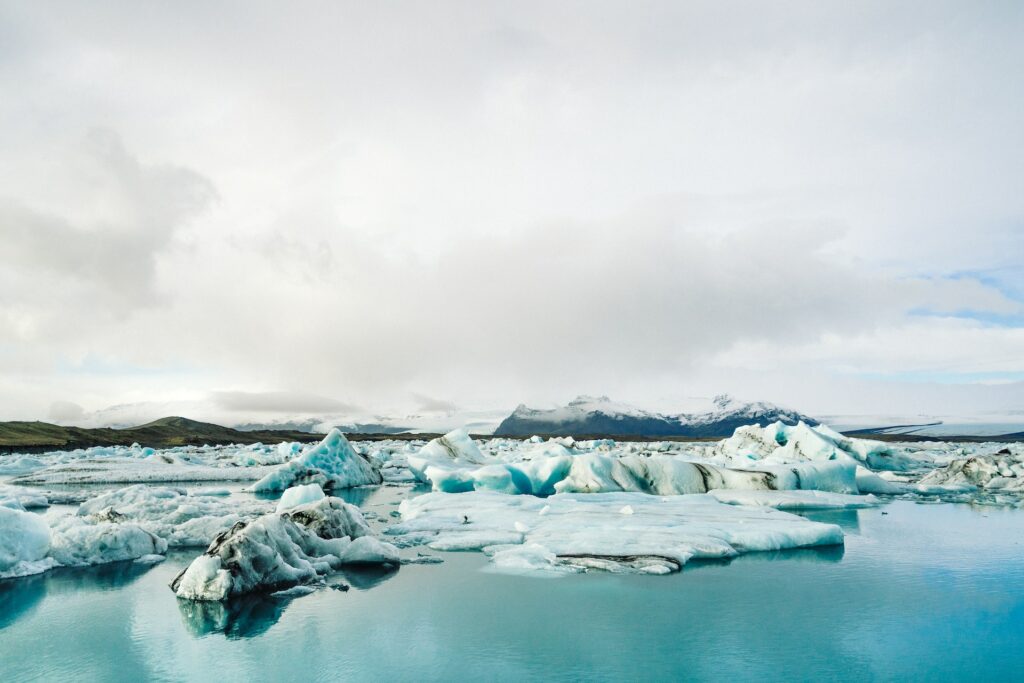
Sweden: Innovating Urban Sustainability
Sweden is renowned for its innovative approach to urban sustainability. Cities like Stockholm and Malmö are at the forefront of green urban planning, offering eco-friendly public transport, extensive cycling paths, and sustainable dining options. Travellers to Sweden can enjoy a modern, eco-conscious city experience.
Sweden’s reputation for sustainability is well-earned, with more than half of its national energy coming from renewables. Stockholm, the capital, was the first city to win the European Green Capital Award in 2010. The city’s congestion tax and investment in green spaces have significantly reduced carbon emissions. Malmö’s Western Harbour is powered entirely by renewable energy and features the Turning Torso, a skyscraper that exemplifies sustainable construction.
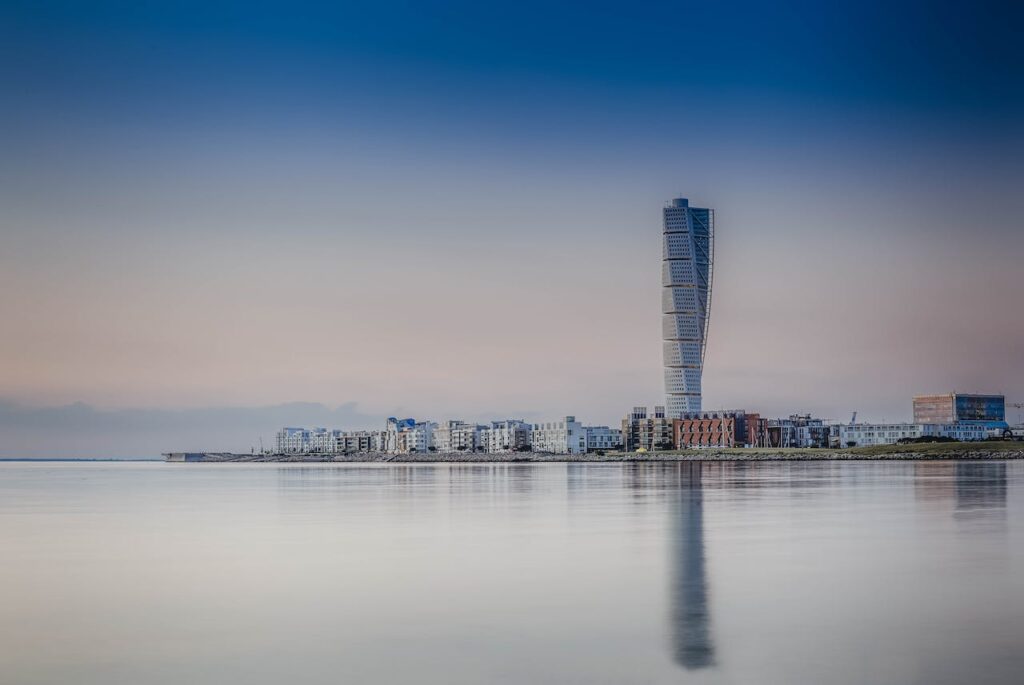


New Zealand: Preservation & Adventure
New Zealand is not only a haven for adventure seekers but also a leader in environmental preservation. The country’s commitment to protecting its unique ecosystems and promoting sustainable tourism practices makes it an ideal destination for those looking to travel responsibly.
New Zealand’s commitment to sustainability is evident in its Predator Free 2050 initiative, which aims to eradicate invasive species that threaten native wildlife. The country has also implemented the Tiaki Promise, encouraging visitors to act as guardians of the environment. The Department of Conservation (DOC) manages over 13,000 kilometers of walking tracks and 4.6 million hectares of conservation land, promoting eco-tourism and preserving the natural heritage.
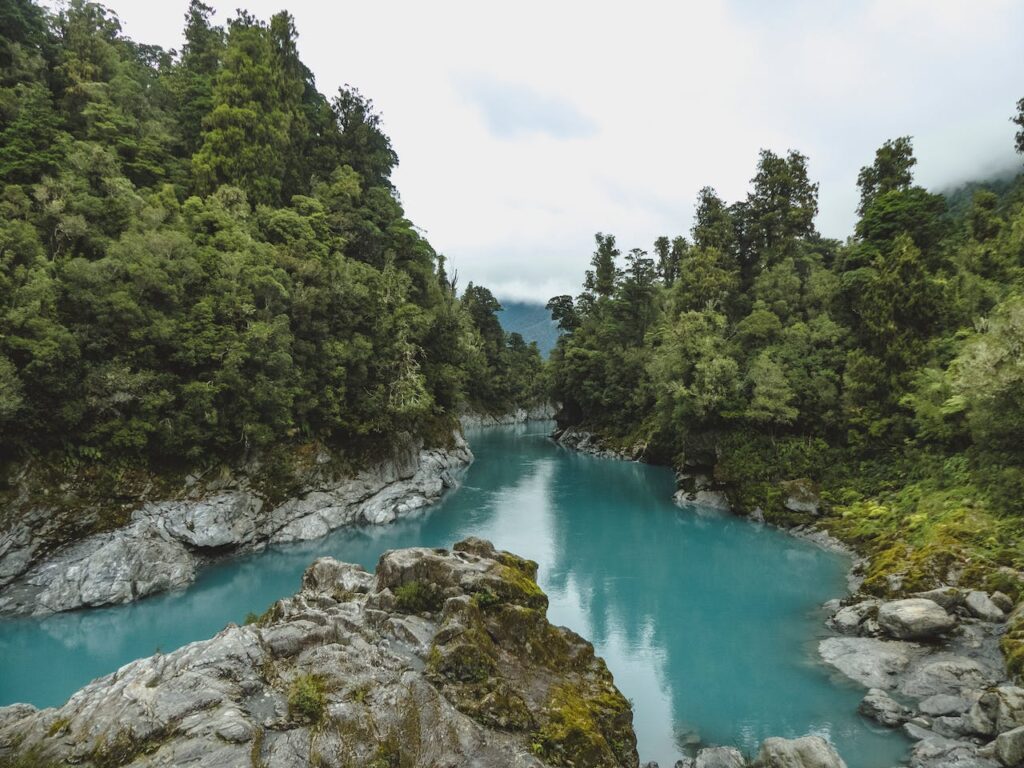
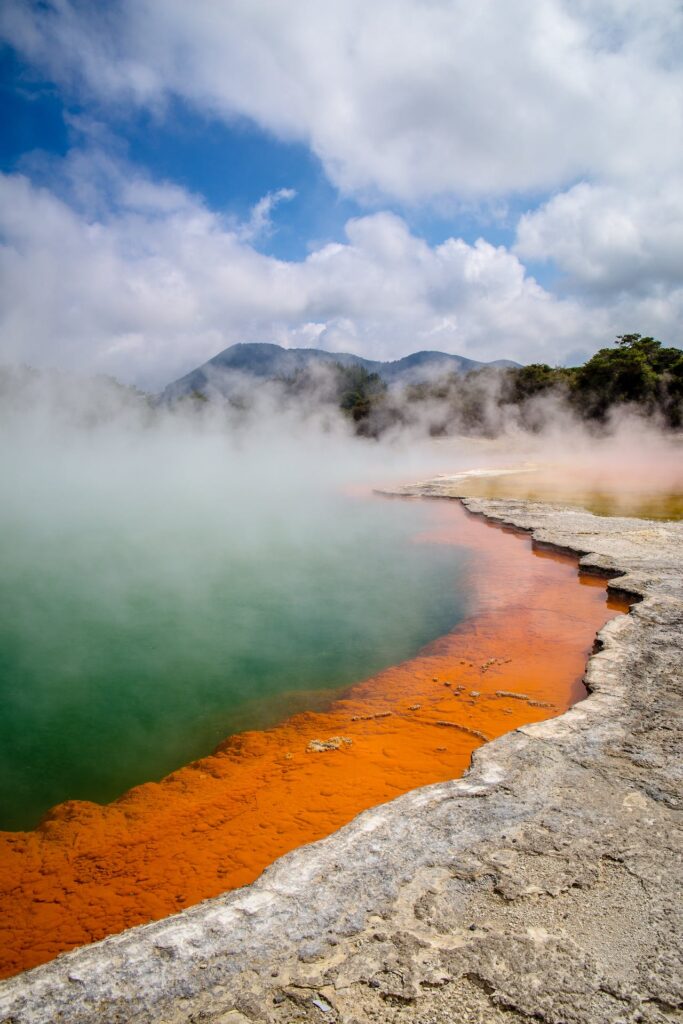
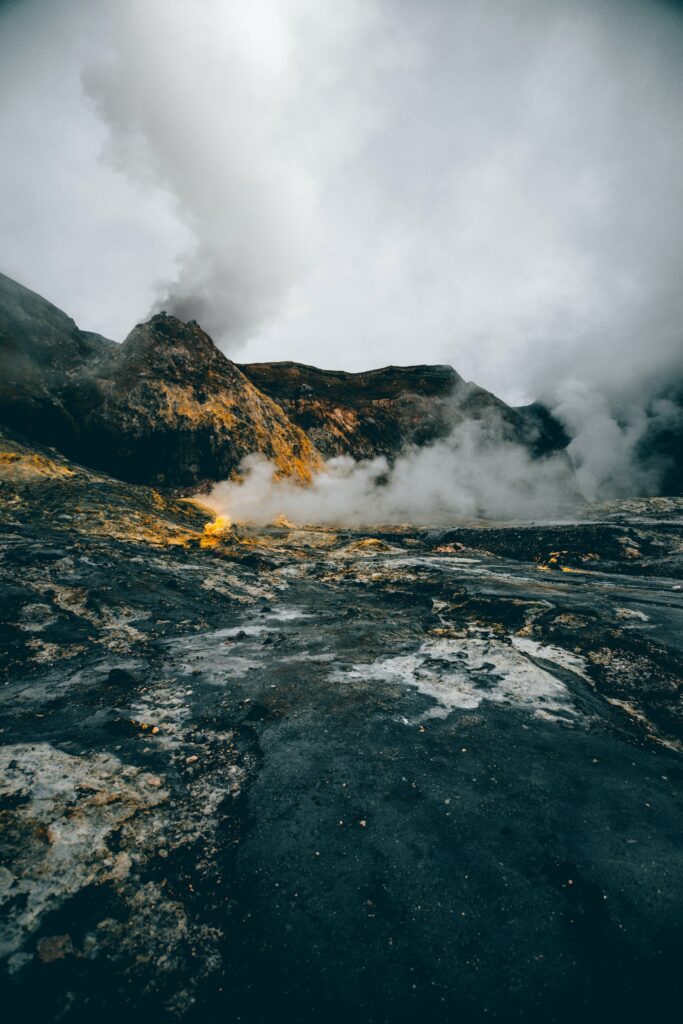
Kenya: Wildlife Conservation & Ecotourism
Kenya is famous for its wildlife and is a pioneer in conservation and eco-tourism. Travellers can embark on safaris that support local conservation efforts and communities, ensuring their visit contributes positively to the environment and local economy.
Kenya’s conservation efforts are robust, with the Kenya Wildlife Service (KWS) working to protect habitats and combat poaching. The country’s community conservancies model allows local communities to manage and benefit from wildlife conservation. Eco-rated lodges and campsites under the Eco-Tourism Kenya scheme support sustainable tourism, and the Magical Kenya elephant naming festival raises funds for conservation.
Read: 5 of the best national parks and reserves in Kenya to see wildlife


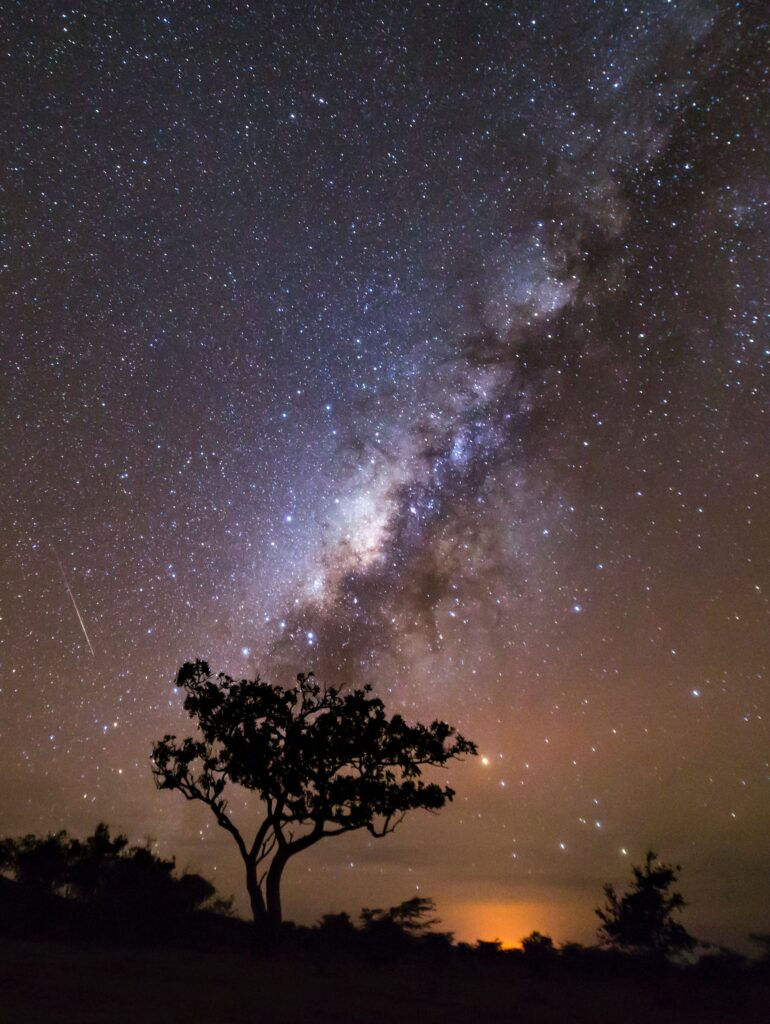
Norway: Embracing Sustainability In The Arctic Circle
Norway, known for its dramatic fjords, northern lights, and Arctic wildlife, is a standout example of environmental stewardship and sustainable tourism. The country’s commitment to conserving its natural landscapes and marine environments is evident in its extensive use of renewable energy, particularly hydroelectric power, and sustainable fishery practices.
Norway’s sustainability efforts are comprehensive, with the government planning to cut greenhouse gas emissions by at least 55% by 2030. The country’s electric ferry fleet is expanding, reducing emissions in the marine sector. Norway’s scenic railways, like the Flåm Railway, offer low-impact travel through its stunning landscapes.
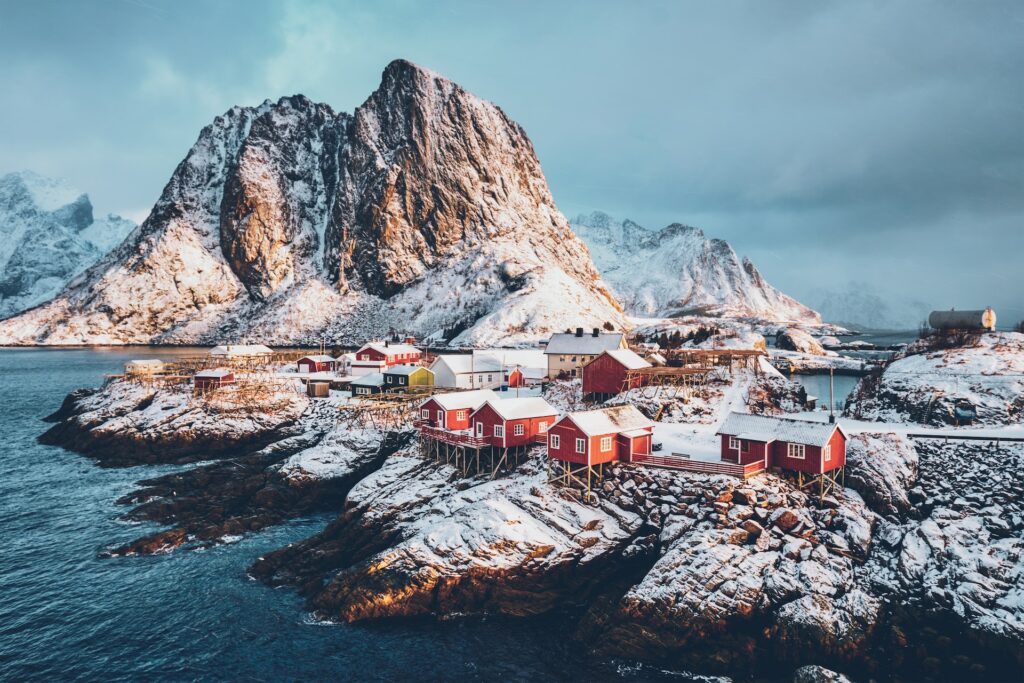
Slovenia: Europe’s Green Heart
Slovenia, a hidden gem in Central Europe, is often overlooked but is a leader in sustainable tourism. It was the first country to be declared a green destination based on the Green Destinations Criteria.
The capital city, Ljubljana, was awarded the title of European Green Capital in 2016 due to its extensive pedestrian zones, bike-friendly streets, and efficient waste management. Visitors can explore the picturesque Lake Bled, venture into the Triglav National Park, or enjoy the vibrant local food markets, all within a country that takes pride in its sustainability efforts.
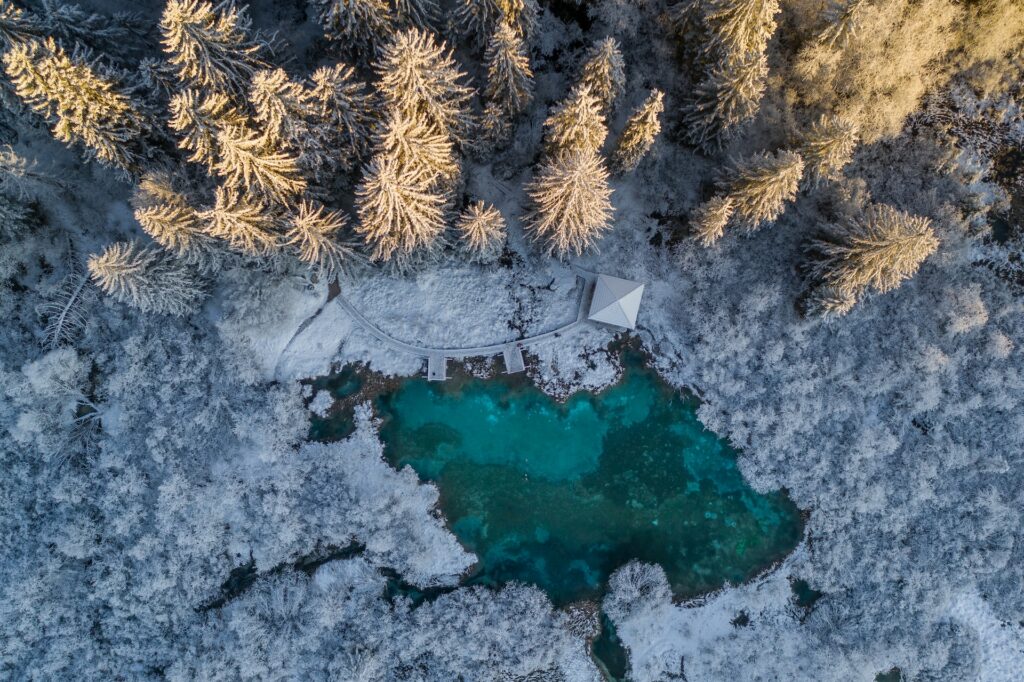
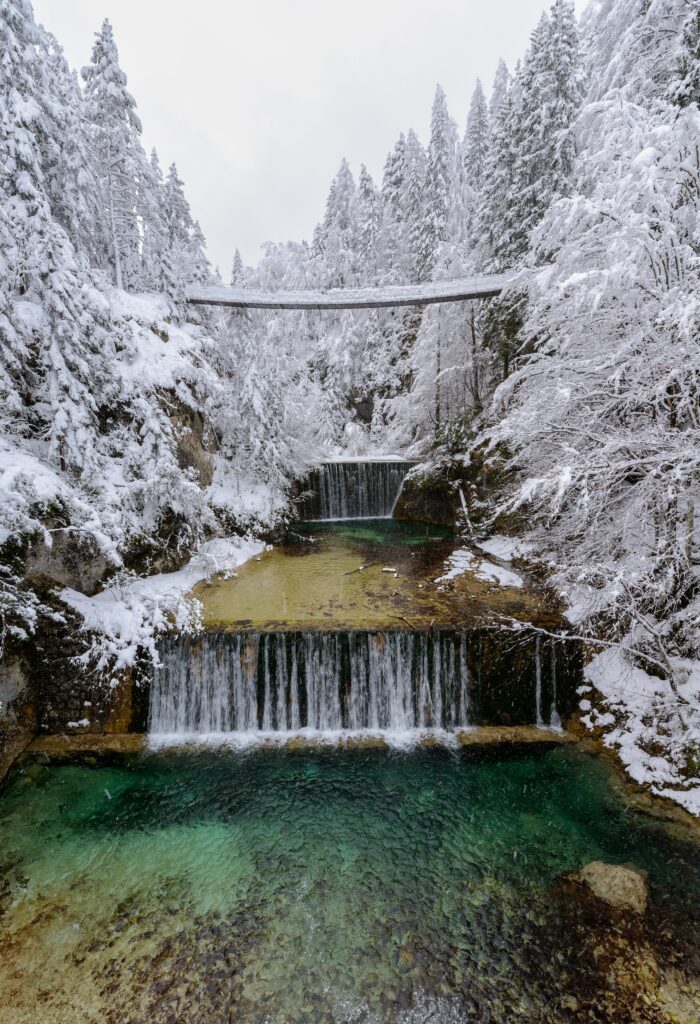
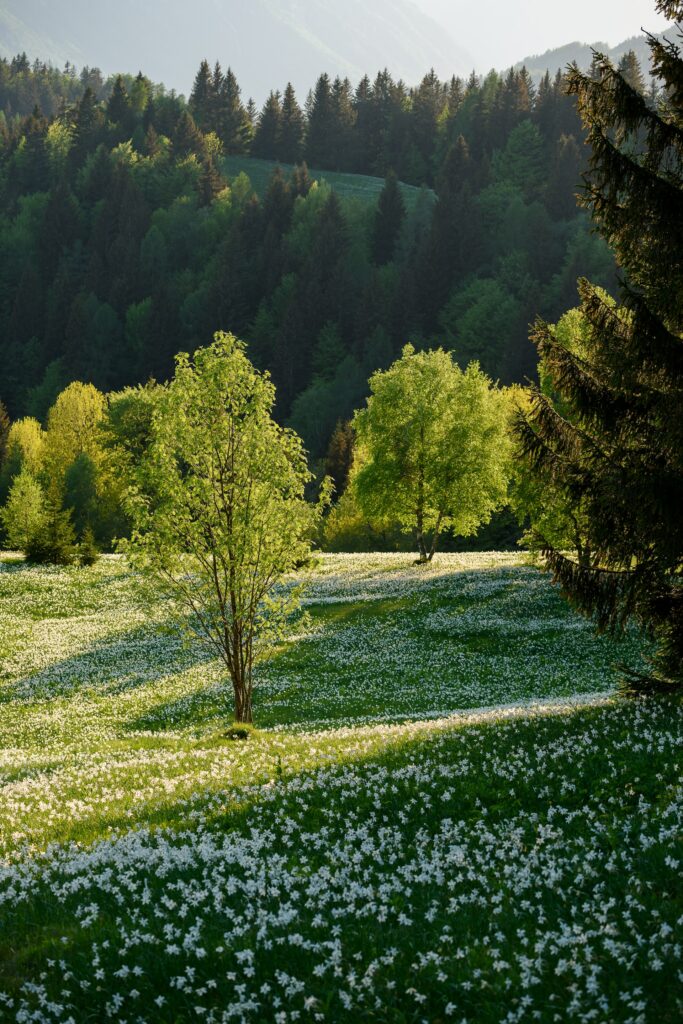
Japan: Tradition Meets Sustainability
Japan offers a unique blend of ancient tradition and modern sustainability. The country has made significant strides in eco-friendly public transportation, with its renowned bullet trains and commitment to reducing carbon emissions. Towns like Kamikatsu are known for their zero-waste policies, aiming to recycle or reuse all materials. Rural areas offer stays in traditional ryokans, where guests can experience local customs and cuisine in harmony with nature. Japan’s dedication to maintaining its forests and promoting sustainable fishing adds to its appeal as a green travel destination.



Canada: Wilderness & Urban Green Spaces
Canada, with its vast and varied landscapes, is a paradise for those seeking both wilderness and urban green spaces. The country has made significant investments in conservation, with initiatives like the Great Bear Rainforest Agreement, which protects millions of acres of coastal rainforest.
Canadian cities like Vancouver are recognized for their sustainability, with green building codes and a commitment to becoming the greenest city in the world by 2020. Visitors can enjoy the natural splendor of the Canadian Rockies, the remote beauty of the Arctic, or the urban parks and community gardens of its cities, all while supporting a nation that values environmental preservation.

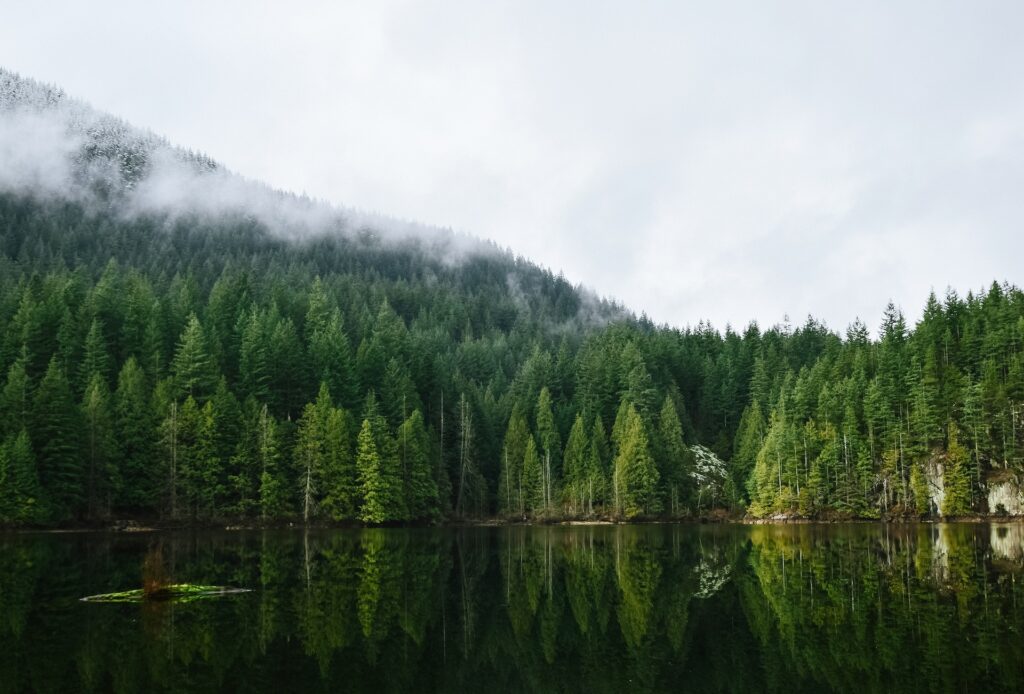
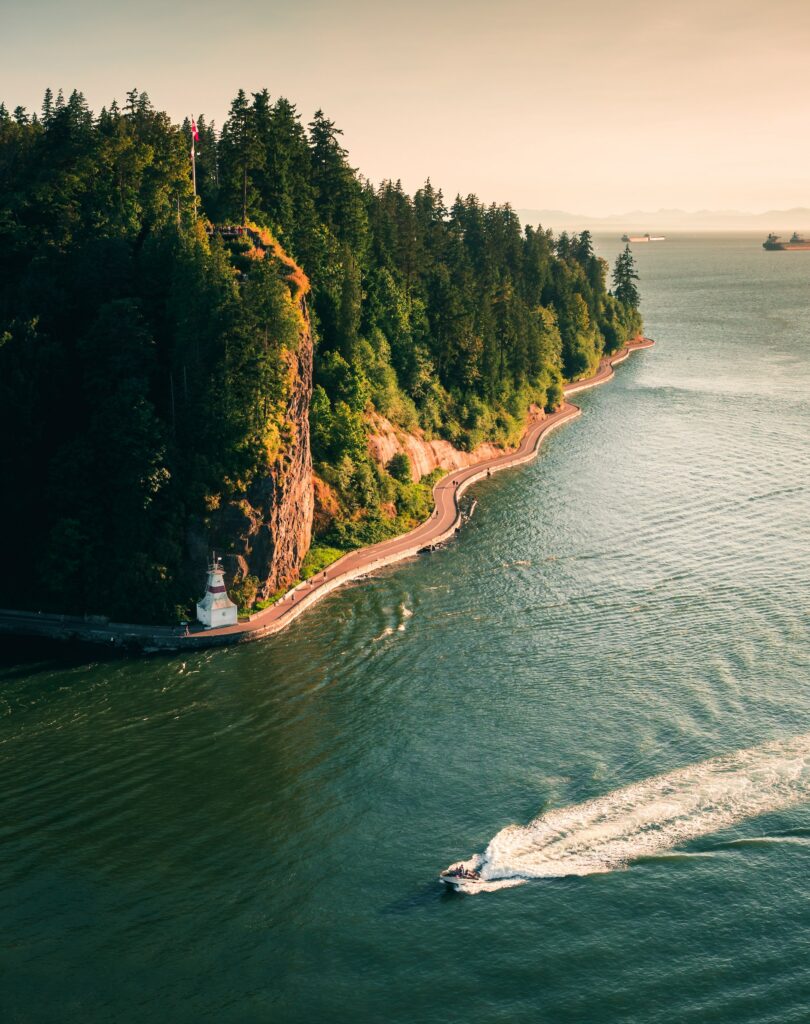
The Bottom Line
Our exploration of these sustainable travel destinations highlights how environmental responsibility and adventure can coexist harmoniously. Each location offers a unique perspective on how travel can be both enriching and eco-friendly.
As travellers, we have the power to make choices that support the health of our planet. By choosing destinations that prioritise sustainability, we not only enjoy unforgettable experiences but also contribute to a more sustainable future for our world.





